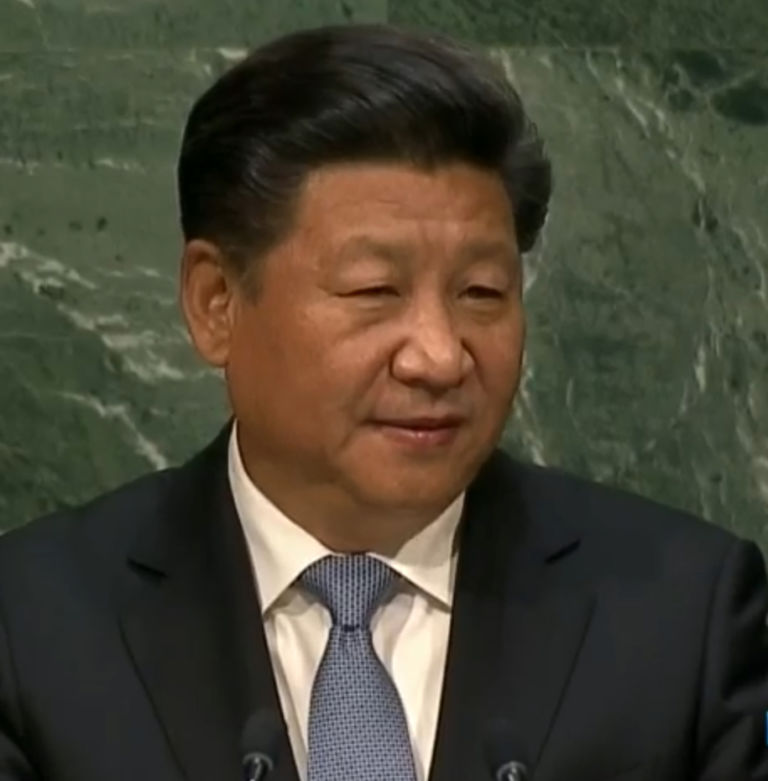Victor Davis Hanson‘s latest column for National Review Online explains the irreplaceable role of deterrence in preventing war.
[D]isputes over honor or from fear do not always lead to war. Something else is needed — an absence of deterrence. Most aggressors take stupid risks in starting wars only when they feel there is little likelihood they will be stopped. Hitler thought no one would care whether he gobbled up Poland, after he easily ingested Czechoslovakia and Austria.
Saddam Hussein went into Kuwait believing the U.S. did not intervene in border disputes among Arab countries. Deterrence, alliances, and balances of power are not archaic concepts that “accidentally” triggered World War I, as we are sometimes told. They are the age-old tools of advising the more bellicose parties to calm down and get a grip.
What ends wars?
Not the League of Nations or the United Nations. Unfortunately, war is a sort of cruel laboratory experiment whose bloodletting determines which party, in fact, was the stronger all along. Once that fact is again recognized, peace usually follows.
It took 50 million deaths to remind the appeased Axis that Germany, Italy, and Japan in 1941 were all along far weaker than the Allies of Britain, the Soviet Union, and the United States. The Falklands War ended when Argentines recognized that boasting about beating the British was not the same as beating the British.
Each time Hamas builds more tunnels and gets more rockets, it believes this time around it can beat Israel. Its wars end only when Hamas recognizes it can’t.
War as a reminder of who is really strong and who weak is a savage way to run the world. Far better would be for peace-loving constitutional governments to remain strong. They should keep their defenses up, and warn Putin, the Islamic State, Iran, North Korea, and others like them that all a stupid war would accomplish would be to remind such aggressors that they would lose so much for nothing.


